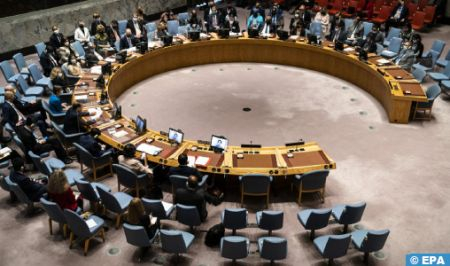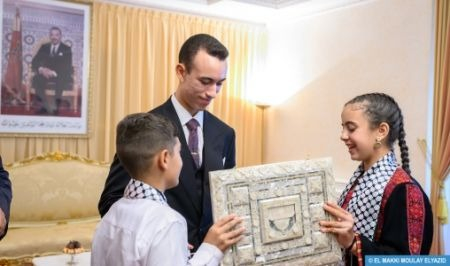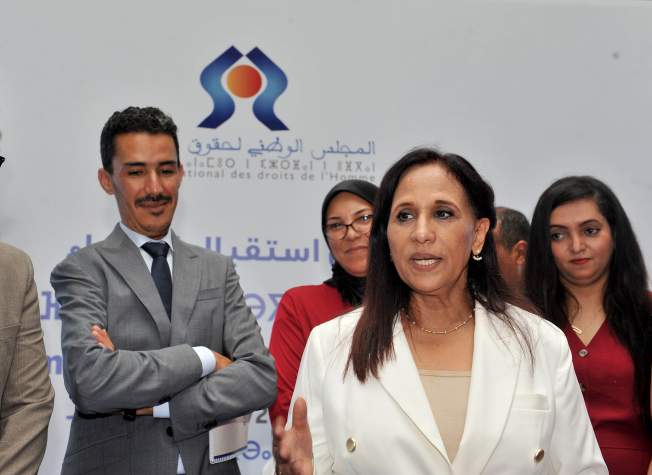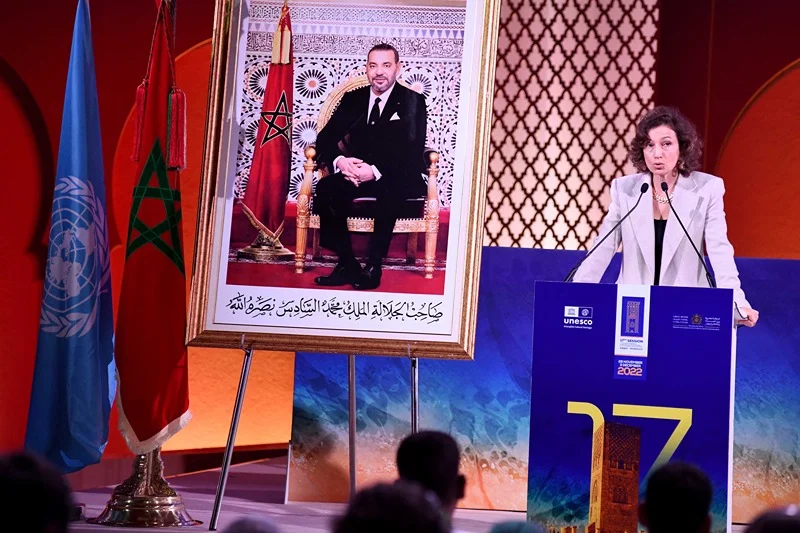Algeria’s pathological obsession with the Moroccan Sahara was exposed before the 4th Committee of the UN General Assembly by the Morocco’s delegation, proving, if need be, that Algeria is indeed a main party to this regional dispute.
In response to the Algerian representative’s fallacious allegations regarding the human rights situation in the Moroccan Sahara and his biased reference to the inclusion of human rights monitoring mechanisms in the mandate of MINURSO during the General Debate of the Commission on Peacekeeping Operations, diplomat Mouna Ouazzani from Morocco’s Permanent Mission to the United Nations stressed that Algeria’s insistence on bringing up the issue of the Sahara, among all others points discussed within this Committee, showcases, if need be, that this country is indeed a main party to this conflict it perpetuates.
The diplomat regretted that Algeria’s ignorance about peacekeeping, “which is only matched by its hatred towards” Morocco, should pollute a debate of such importance to Member States, mainly troop and police contributing countries and host States to peacekeeping missions. This is all the more regrettable as Algeria is neither peacekeepers’ contributor nor is it hosting blue helmets.
Citing official data from the Department of Peace Operations, the diplomat said that Algeria makes no contribution to UN peacekeeping. “No blue helmets. No blue berets. No contribution other than 2 experts in mission…It’s not manpower nor resources that are lacking on the Algerian side, but the political will and the belief in the UN’s role in maintaining peace and security,” she deplored.
She therefore invited the neighboring country to show some humility and avoid involving itself into a debate on an issue to which it not only contributes nothing, but of which it doesn’t even grasp what’s at stake, noting that the Peacekeeping Missions mandates are defined by the Security Council.
“In the specific case of MINURSO’s mandate, the Security Council reaffirmed its position and that of the International Community earlier this week, with the adoption of Resolution 2703, which not only does not call for the establishment of any human rights monitoring mechanism, but welcomes the steps and initiatives taken by Morocco to ensure the promotion and protection of human rights in its Sahara, as well as my country’s interaction with Special Procedures of the United Nations Human Rights Council”, she explained.
Affirming that the human rights situation in the Moroccan Sahara is far better than in Algeria and its Tindouf camps, the diplomat challenged the Algerian delegation to respond to the following question: “if your country is really concerned about the promotion and protection of human rights, why doesn’t it do nothing to improve the situation in the Tindouf camps, of which it is the host country, as requested by the Security Council, and why does it violate the basic Human Rights of the populations held against their will in those camps?”
She wondered why this country “does allow an armed group, the polisario, to recruit children from among these populations? Why does it allow exactions, sexual abuses and rape against women and girls of the camps by polisario leaders, including the so-called Brahim Ghali? Why is its army committing extrajudicial and summary executions against these populations? Why does it allow the arrest and torture of dissidents of the corrupt polisario leadership in the camps?”
The diplomat also wondered “why is Algeria still refusing the registration of the populations of the Tindouf camps, in violation of Security Council resolutions and the provisions of international humanitarian law? And why do Algeria and polisario continue to steal and embezzle humanitarian aid intended for the populations sequestered in these camps, as highlighted by the World Food Program in its January 2023 report?”
“Worse still, why has Algeria, in violation of the norms and provisions of international law, notably the International Covenant on Civil and Political Rights, devolved its sovereignty and prerogatives, including its jurisdictional powers, to the polisario in the Tindouf camps, depriving the victims of violations of any possibility of recourse to justice to seek reparation and prosecute the perpetrators of these crimes?”
The answer to all these questions, the diplomat said, is clear and simple: “Not only Algeria does not care about Human Rights, but it is unfortunately one of the worst violators of these rights.”
Recalling that the human rights situation in Algeria is a “black stain” in the history of the United Nations, the speaker recalled that in September 2023, the UN Special Rapporteur on rights to freedom of peaceful assembly and freedom of association, Clément Voule, said: “Urgent attention must be paid to the current situation of legal restrictions and legal proceedings against individuals and associations in Algeria.”
In February 2023, the UN Special Rapporteur on the situation of human rights defenders, Mary Lawlor, expressed, in turn, concern about the increasing repression against civil society by the Algerian authorities, following the dissolution of important associations for the defense of human rights in Algeria, added the diplomat.
She also recalled that in March 2022, the High Commissioner for Human Rights, Michelle Bachelet, reiterated, in her oral statement to the Human Rights Council, her serious concerns about human rights violations by the Algerian authorities, indicating: “In Algeria, I am concerned by the increasing restrictions on fundamental freedoms, including the increase in arrests and detentions of human rights defenders.”
In September 2022, the Working Group on Forced or Involuntary Disappearances criticized Algeria for its serious human rights violations. Indeed, Algeria stands out by appearing in the top 3 countries with the most forced disappearances, she underlined.
Pursuing her response to the fallacious allegations of the Algerian delegation regarding the Moroccan Sahara, Mouna Ouazzani affirmed that this issue is not a matter of decolonization but of completing the territorial integrity of Morocco, definitively sealed and recognized by the UN through the Madrid Agreement, deposited with the Secretary General of the UN on November 18, 1975.
She further stressed that the whimsical referendum, “the Algerian delegation is still dreaming of,” is definitively dead and buried. The Security Council has no longer mentioned a referendum option in all its resolutions adopted during the last two decades.
“The only solution to the Sahara issue can only be the realistic, pragmatic, lasting political solution based on compromise which is the Moroccan Autonomy initiative whose seriousness and credibility was commended by the Security Council, including in its latest resolution 2703,” she insisted.



